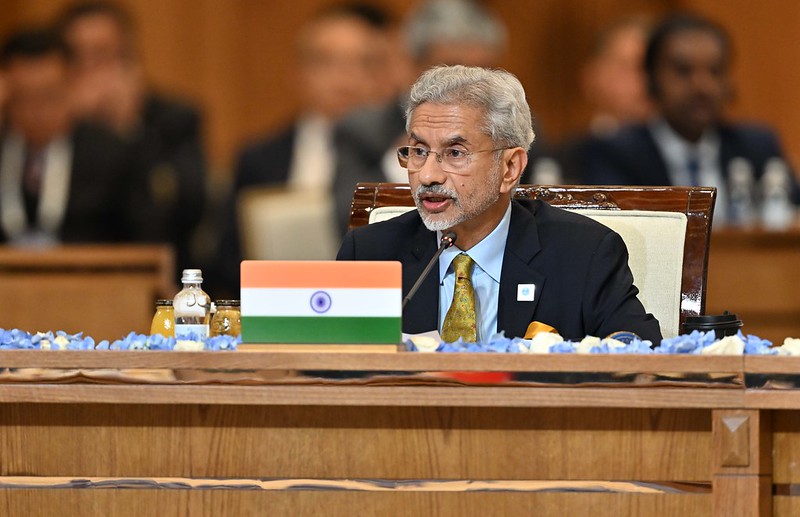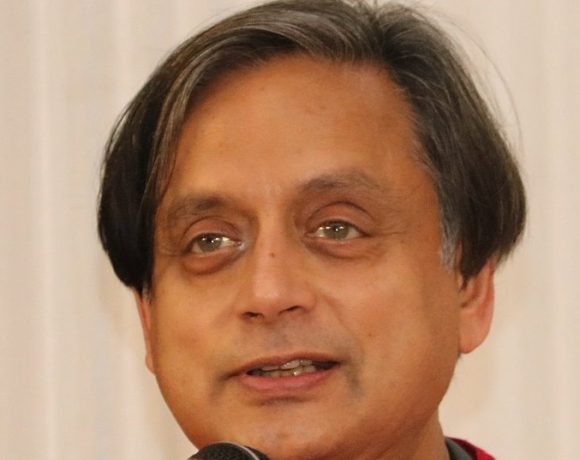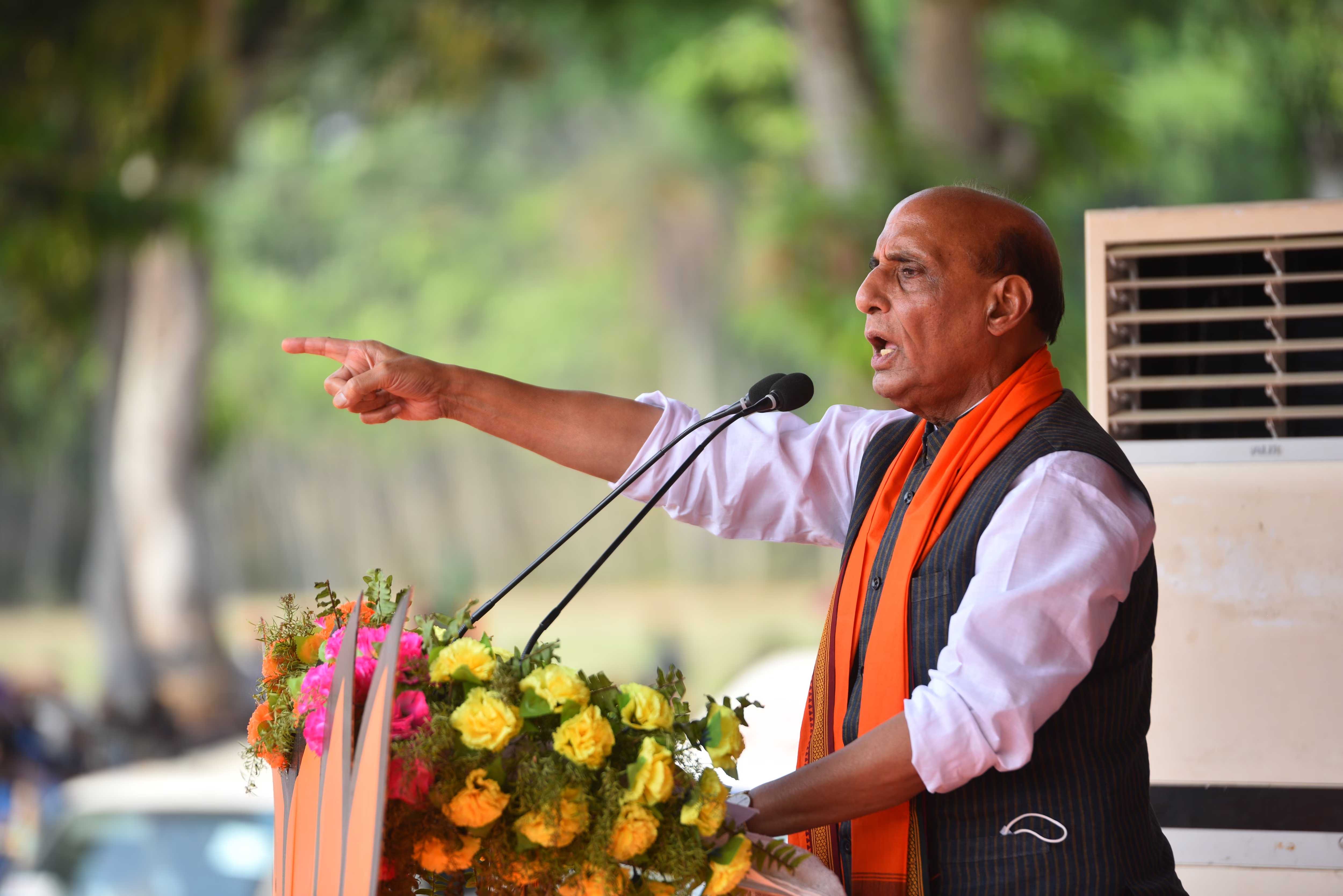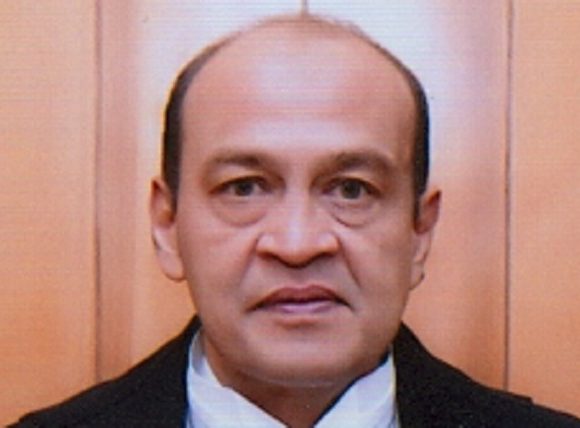
“Journalist Could Not Speak Against Emergency in Congress Era”: Jaishankar
External Affairs Minister S. Jaishankar has delivered a sharp reminder of the severe press suppression that marked the Emergency period in India between 1975 and 1977. Speaking at a public event, he recalled how journalists during that time were “not allowed to speak against the government,” with newspapers subjected to censorship and editors often arrested. Foreign correspondents were either expelled or silenced, and many domestic voices of dissent were crushed.
Jaishankar, who was a student at the time, emphasized the scope of the crackdown, stating that over 1.1 lakh people were imprisoned, many of whom were detained simply for holding opposing views. He added that during this period, five constitutional amendments were passed and 48 ordinances were issued—each of which significantly eroded civil liberties, undermined the judiciary, and weakened the democratic framework of the country.
He cited one particularly troubling instance in which a major foreign policy decision involving fishing rights with Sri Lanka was taken without any discussion in Parliament. This, he argued, illustrated the extent of unchecked executive overreach during the Emergency.
Jaishankar remarked that the country must not forget this chapter of its history. “Never take freedom for granted,” he said, cautioning citizens that vigilance is essential to protect democracy. He noted that the Emergency was not just a political misstep but a systemic subversion of democratic values and individual rights.
Emergency India
The Emergency remains one of the darkest phases in India’s democratic journey. The suspension of elections, curtailment of fundamental rights, and arbitrary arrests signaled an authoritarian drift that still serves as a warning. The scale of repression was unprecedented—activists, journalists, and opposition leaders were jailed without trial, and public dissent was nearly extinguished.
Press Censorship
Jaishankar placed significant emphasis on the role of media during the Emergency. With press freedom crushed, even major newspapers resorted to publishing blank editorial columns as symbolic resistance. Journalists had to submit reports to government censors before publication, and media houses that did not comply were shut down or penalized. He drew attention to how such a climate stifled public debate and left the masses without credible information.


















